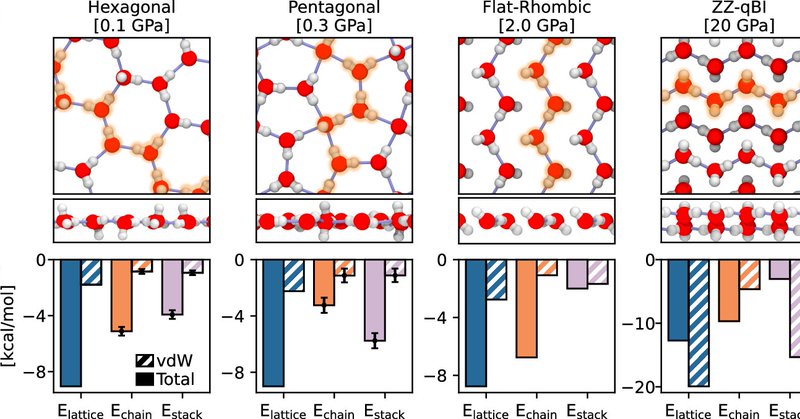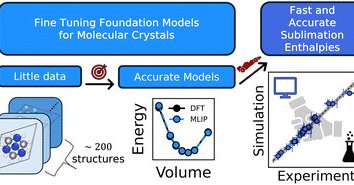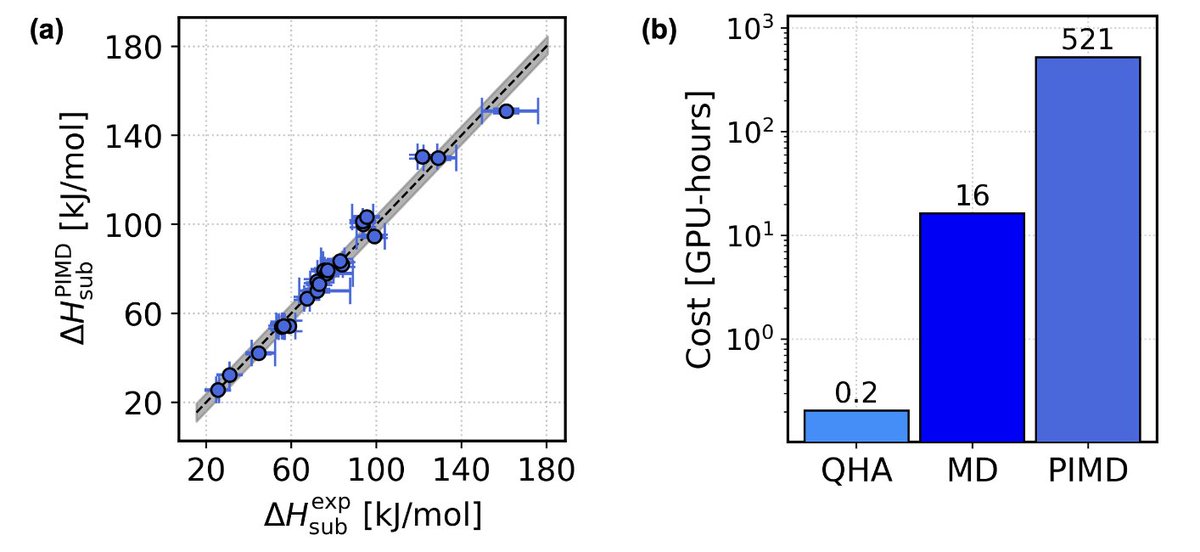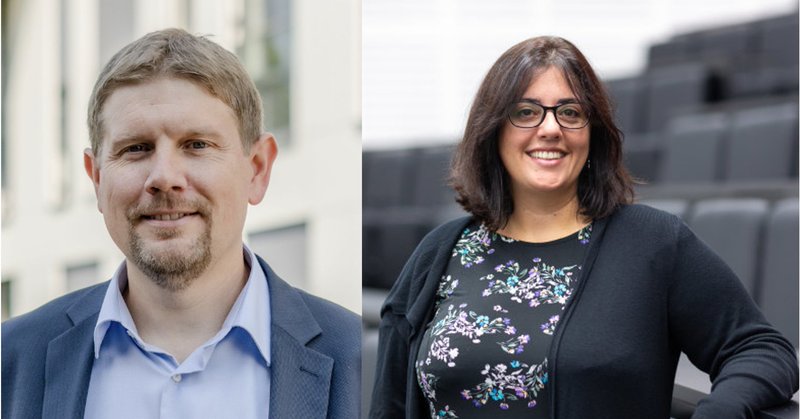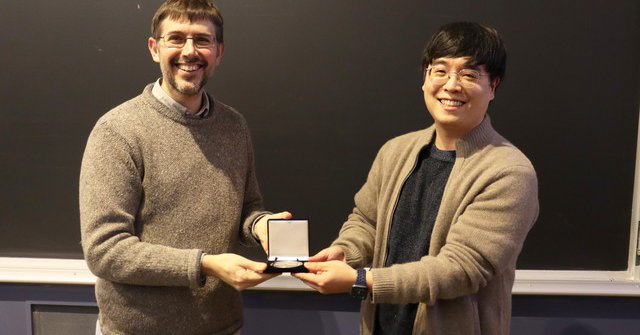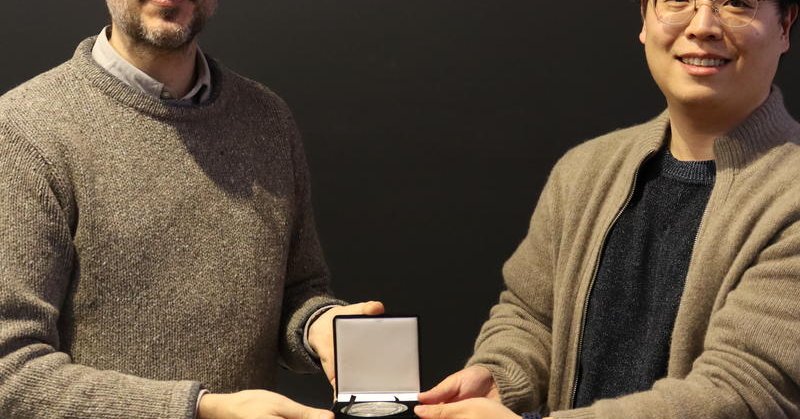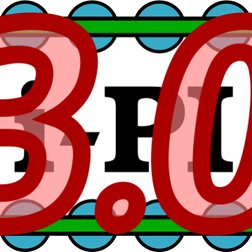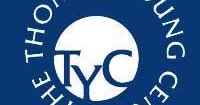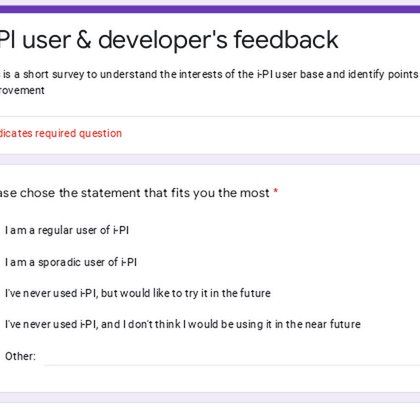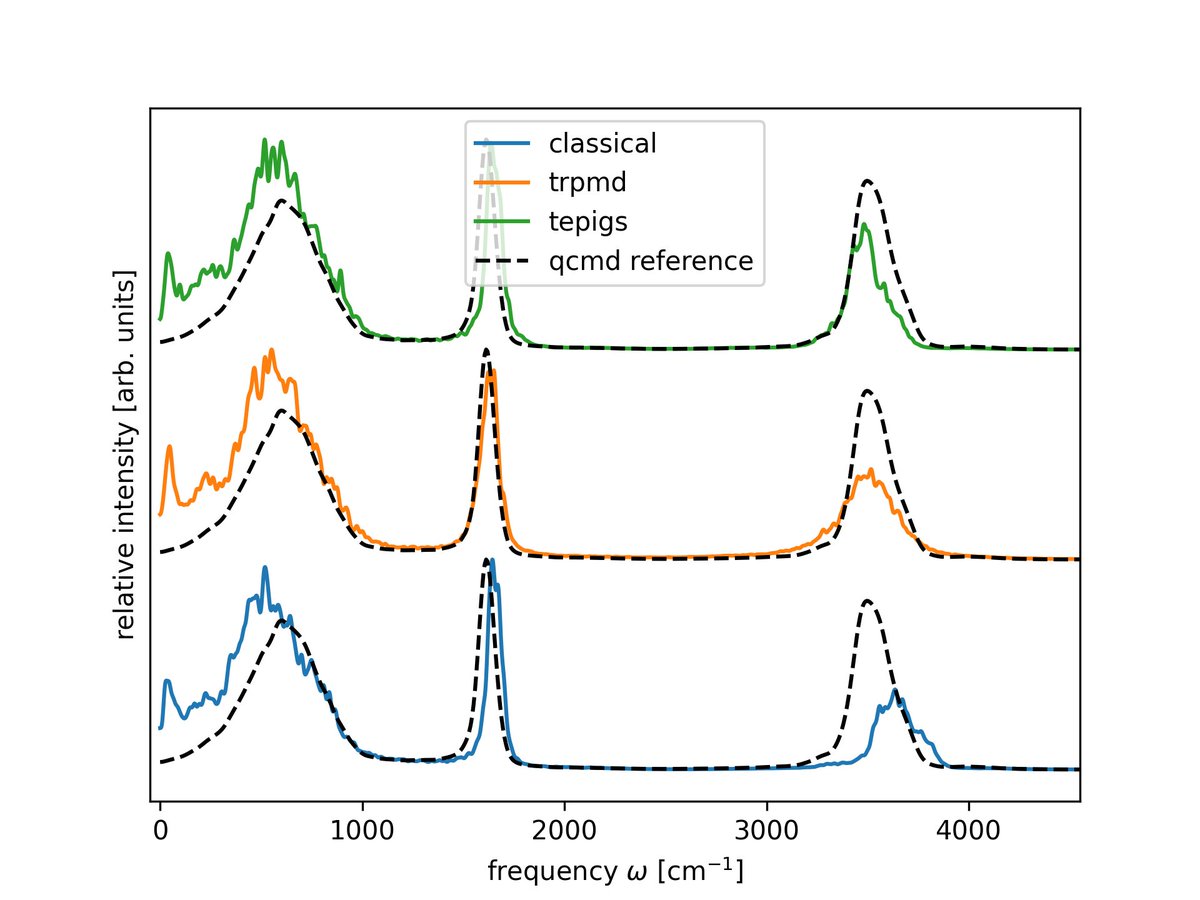
Venkat Kapil
@venkatkapil24
Followers
882
Following
859
Media
64
Statuses
392
Asst Prof in Computational Materials Science @ucl Physics Previously: Fellow @ChurchillCol, Oppenheimer Research Fellow @ChemCambridge & @IITKanpur Alumnus
Cambridge, UK
Joined September 2014
Our work on challenging the conventional hydrogen bonding in nanoconfinement using #ML potentials is finally published in @NatureComms. This was part of @pavanravindra1's M.Phil work at @ChemCambridge @cegroupcam. Check out this thread for details!.
nature.com
Nature Communications - Structural rules dictate that water molecules in bulk ice form four hydrogen bonds. Here, using atomistic simulations, the authors show that nanoconfined ice breaks these...
How does hydrogen bonding change when water is confined to nanometer-scale pockets?.Our recent work in @NatureComms highlights several interesting hydrogen bonding behaviors in nanoconfined water (1/N): @XavierAdvincula @ChristophSchran @venkatkapil24.
1
1
26
RT @ML_Chem: Accurate and efficient machine learning interatomic potentials for finite temperature modelling of molecular crystals #machine….
pubs.rsc.org
As with many parts of the natural sciences, machine learning interatomic potentials (MLIPs) are revolutionizing the modelling of molecular crystals. However, challenges remain for the accurate and...
0
4
0
RT @FallettaStefano: Come join us at the APS Focus session Machine Learning for Atomistic Simulation to attend the talks of our invited spe….
0
2
0
New preprint 📢. Finite-temperature full #quantum sublimation enthalpies for the X23 set of molecular crystals are possible with ML potentials trained on less than 200 configurations. Made possible by fine-tuning the MACE-MP-0 model. Feedback welcome.
2
13
66
RT @tyc_london: Tomorrow: TYC AI/ML Interest Group Seminar: advances in machine learning for electrochemical systems .
thomasyoungcentre.org
Jörg Behler, Ruhr University Bochum & Clotilde Cucinotta, Imperial College London
0
3
0
RT @Materials_EPFL: Congratulations to Prof. @MicheleCeriotti from @Materials_EPFL for being awarded the prestigious E. Bright Wilson Prize….
actu.epfl.ch
On December 4, School of Engineering professor Michele Ceriotti delivered the E. Bright Wilson Prize Lecture at Harvard University, USA, on the occasion of his receipt of the prestigious chemistry...
0
1
0
RT @HarvardCCB: Congratulations to @MicheleCeriotti for delivering his E. Bright Wilson Prize Lecture on machine learning for chemistry at….
chemistry.harvard.edu
0
4
0
I am glad to have received so many retweets on this, although no tutorial so far. Clearly shows the need for a gentle intro to MLIPs for enthusiastic undergrads.
Do you have any suggestions for good tutorials on developing machine learning potentials for #ML-literate undergrad students who have not done condensed matter or quantum chemistry courses?.
0
0
14
RT @GatsbyUCL: 🔭 Looking for #PhD opportunities in theoretical/computational neuroscience and #MachineLearning?.⏰ Less than 2 weeks left to….
0
4
0
Progress towards rigorous #quantum statmech from classical dynamics by #MachineLearning quantum corrections to potentials. In this collaboration with @CecClementi, we obtain exact statics (beyond a centroid description) for paradigmatic aqueous system.
0
13
67
RT @PaesaniLab: 🚨 New Preprint Alert! 🚨 . 👉 . We’re thrilled to share our latest #compchem work, now live on @ChemR….
0
3
0
Do you have any suggestions for good tutorials on developing machine learning potentials for #ML-literate undergrad students who have not done condensed matter or quantum chemistry courses?.
2
7
32
RT @JChemPhys: New version of i-PI is out: faster and ready for the machine-learning era in atomistic simulations. New features enabling re….
pubs.aip.org
Atomic-scale simulations have progressed tremendously over the past decade, largely thanks to the availability of machine-learning interatomic potentials. These
0
9
0
We study #quantum nuclear effects (NQEs) for proton disorder in nanoconfined water. @pavanravindra1 uses #MachineLearning potentials to show NQEs play a heightened role compared to bulk and induce superionic proton transport in other molecular water.
1
3
30
RT @jm_tomczak: Starting soon: Advances in modelling defects and interfaces workshop via @tyc_london.
thomasyoungcentre.org
The Thomas Young Centre takes great pleasure to announce the workshop “Advances in modelling defects and interfaces”, being organised to honour the achievements of Professor Alexander Shluger in...
0
1
0
RT @FallettaStefano: 🚀 Call for Abstracts! 🚀.Join us at the APS March Meeting symposium "Machine Learning for Atomistic Simulations" to sha….
0
8
0
RT @JarvistFrost: A lovely, community focused, idea. (And if you haven't seen it yet - i-PI is a great code which is fun to work with, a….
0
1
0
RT @YairLitman: Almost two months after i-pi v3.0 release and we are already working in the one. We want to gather some feedback from the c….
docs.google.com
This is a short survey to understand the interests of the i-PI user base and identify points for improvement
0
12
0
A pleasure to be part of the GAP/(M)ACE Meeting @cecamEvents, Berlin, courtesy of Hendrik, @m_a_caro Johannes Margraf, @apbartok and others. I presented a talk/tutorial on machine learning for quantum dynamics and spectroscopy. Tutorial here ->
1
4
56
